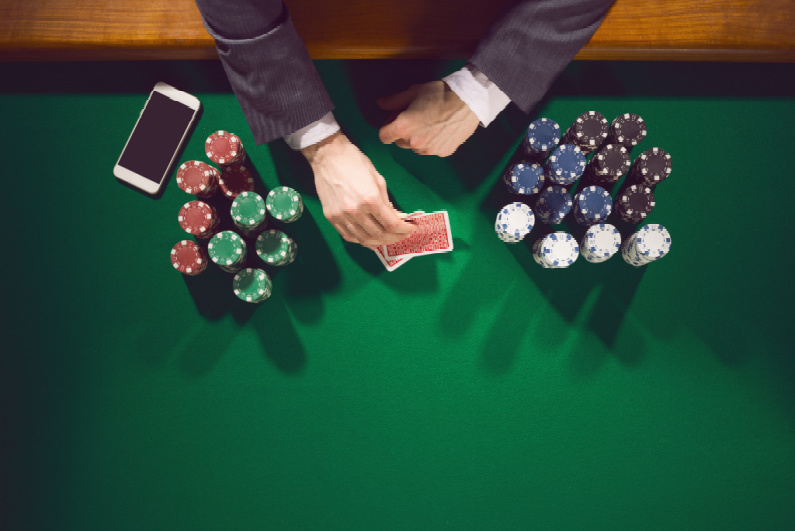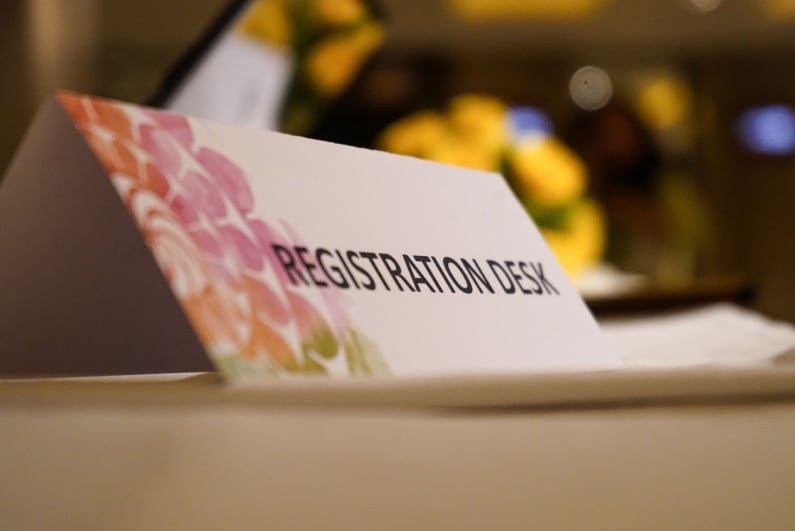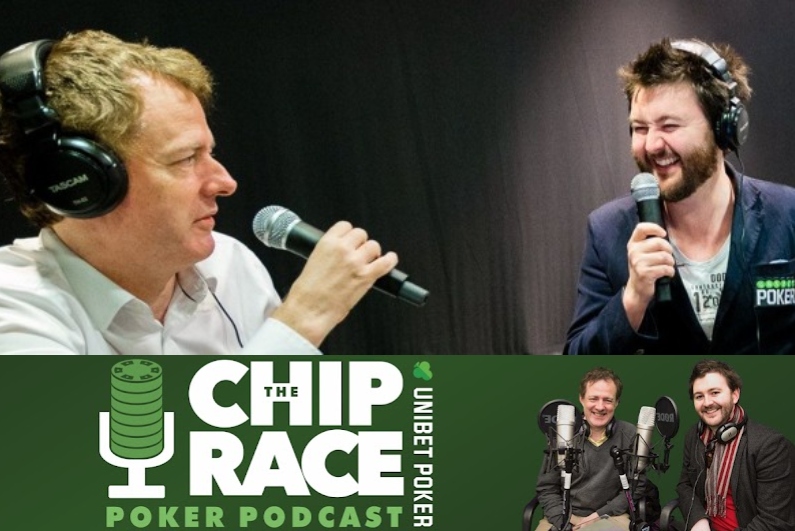Sharing experiences
Poker is an unusually lonely profession. If you’re an online poker pro, you basically have no work colleagues. Everyone who does the same job as you is a direct competitor.
Human beings don’t like isolation as a rule, so most of us who do this for a living go to considerable efforts to befriend and socialize with at least a few other pros. Close-knit groups spring up of anywhere from two to eight players that talk shop together, buy and swap pieces of each other, travel to live events, and room and socialize together.
most pros have a wider circle of friends
Outside these groups, most pros have a wider circle of friends and acquaintances they will go for a meal or a drink with when they find themselves stuck in the same place at a loose end.
These networks are not just important socially but also professionally; chat groups on Skype, Whatsapp, and Discord where players bounce hand histories off each other for discussion and dissection are an invaluable learning tool, and a way of staying if not ahead then at least not too far behind the curve.
A time and a place
There’s a natural human instinct to share experiences with similar people to ourselves. It’s healthy and fulfilling, but it also has a time and place. That time and place is not, in my opinion at least, in the heat of battle at a live poker table.
I see it time and time again: two young pros who have never met in person before find themselves at the same table. After a little chit-chat to break the ice, they swap screen names. Delighted to find someone they can relate to, they immediately start talking strategy. They assume the recreational players don’t even know what they are talking about because like every other human niche of specialization, poker has developed its own jargon.
assuming that nobody can penetrate the jargon
They start dissecting their own play and that of others at the table between hands. They talk about balanced or uncapped ranges, cool cold 4 bet spots, and fishy donk bets. They may even use pejorative terms to describe the play of other players at the table, assuming that nobody can penetrate the jargon and understand what they are saying.
Even if that’s true (and in my experience, it rarely is), it’s still never a good idea to visibly lord your self-perception as strategically superior to all of your rivals except that one guy who grinds the same $20 online freezeouts you do that you just befriended.
The negative results
Human nature being what it is, people do not enjoy being talked down to, and will react in a variety of ways. Even if you don’t annoy them into outright hostility (and that’s always a possibility), none of the possible outcomes are good for the pro.
Good luck exploiting your believed edge over a recreational player if he just decides to nit it up
In the short term, they may realize that since you are better than them, they need to be more careful and avoid tough spots against you. Good luck exploiting your believed edge over a recreational player if he just decides to nit it up. A much more productive approach that you see a lot of old-school live pros use is to get into some friendly banter with the weaker players at the table. Showing them a bluff or reacting in good humor if they bluff you (or think they did) encourages them to loosen up and get into more pots against you. That’s a lot more fun than playing against the kid in the hoodie with the shades having a clever off with the other kid in the hoodie with the shades beside him.
In the medium term, he may decide to improve to be competitive. Next time you see him, he might not be spewing or bluffing in bad spots because you basically told him he had to get better. Good for him, and bad for you.
In the long term, he may simply decide ‘These guys are too good for me, I have no chance,’ and not come back. Since poker is a minus-sum game (zero minus the rake), this is the worst outcome if you’re a pro whose livelihood depends on recreational players being willing to give up an edge so long as they feel they have some chance. Being talked down to or dismissed is not most people’s idea of a good time. The day live events are almost exclusively populated by the biggest online winners sitting there quietly playing optimally is the day we can all pack up and go home.
So guys, by all means, get together and discuss strategy. But keep it to the Discord groups or at least to the breaks.




